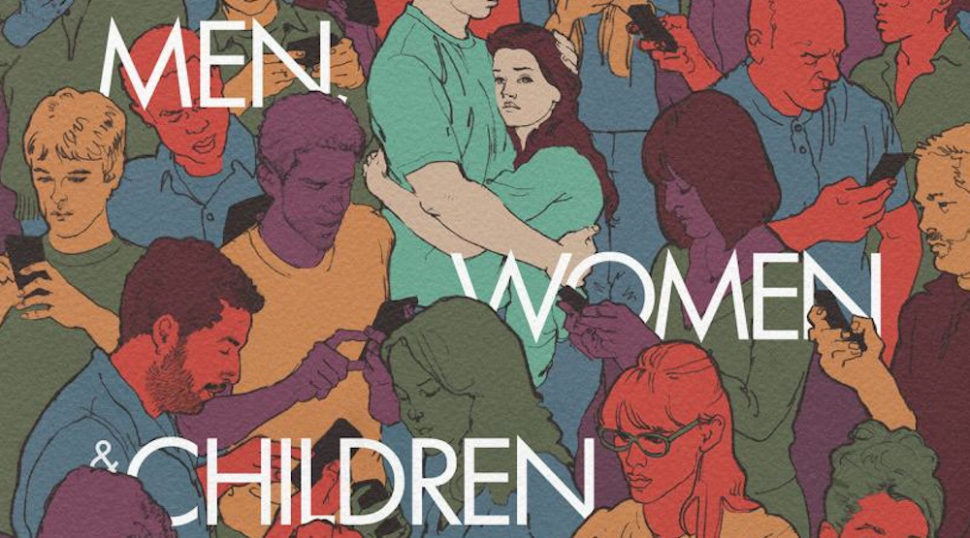How has your life changed with technology?
If it’s a question you’ve never asked yourself, prepare for a look inward, outward, and upward. Even as a millennial that grew up with a computer in my home and an increasing amount of access to social networks, I found myself bewildered by the experiences that both 14-year old kids and adults faced. The film goes after some of the biggest social issues of today, from bullying to pornography. It goes as deep as drug overdoses and doesn’t let up past child solicitation and escort services. With a lineup of both aged stars and rising talent, the audience is slinged situation after situation as if they were playing a cruel game of “Worst-Case Scenario” at the monthly family game night. Jennifer Garner plays an obsessive and vigilant mother, watching her daughters every move in an effort to protect her. Adam Sandler finds himself in an unsatisfied marriage lacking passion. Twenty-year old Ansel Elgort (The Fault in Our Stars) is the uncommon contemplative high school football star that quits the team and seeks out the meaning of life while dealing with multiple crises. All of the characters in the film are connected by small-town proximity, roaming the same hallways and appearing at community events, each with their own excessive baggage, which creates a sense of closeness and actuality that draws the film near to Anywhere, USA.
Transitions throughout the film were rough and rigid, with a digitized Voyager Space Probe flying in orbit above the earth between scenes, hyper-dramatized with narration from Emma Thompson (Love Actually, Sense and Sensibility). Multiple references are made to Carl Sagan’s “Pale Blue Dot”, which ironically places isolation and the unknown in the arena of a socially-connected culture. While I’m inconclusive about the feelings that Reitman wanted his audience to leave with, I confidently will claim that the films’ best moments were focused on the people in the story rather than the chaos of the technology; the evolving love story of two high school students and a glimpse of grace for a single parent trying to figure out his role as a father for his son amidst a breakup.
Jason Reitman is, and will continue to be, highly criticized for his hyper-inflated scenarios and extreme circumstances showcased throughout “Men, Women, and Children”. And while I see validity in this critique, perhaps the scariest part of this film is the realization that all of these websites, social media tools, and technology’s actually exist and are being used each and every day; actual websites that make it easier to have an affair, GPS-trackers with pinpoint accuracy, and discussion boards to encourage eating disorder behaviors. There is no argument to be made that an agenda is clearly on Reitman’s mind; I just think it has less to do with a wake-up to culture and more to do with stock investments in a notepad or journal startup. My greatest hope for “Men, Women, and Children” is that it’s never deemed a ‘coming to age’ film, primarily for the sake of young people and my desire for childlike innocence to remain in tact as a social norm. “Men, Women, & Children” serves as an unfriendly reminder of, not the option, but the need, to simply disconnect more often than not. As for me, it’s time to turn off the computer and go find a waterfall.
In A Nutshell: See it on your own or with a comfortable friend. Avoid with first dates, keep your kids at home, and prepare for uneasiness to haunt you every moment you spend in front of a screen upon walking out of the theater.
“Men, Women, and Children” comes out this weekend in select theaters.

